Let’s face it, finances are tough enough to wrap your head around as it is. Whether you’re puzzling over whether to open a high-yield savings account, or pondering what lender can offer you the best mortgage rate around, personal banking can often leave us feeling a little… blank.
As many of us begin to take active steps towards becoming more ethical consumers – by shopping less, locally, pre-loved, or from brands who put sustainability at their heart – it’s about time we turned our attention to how our money can make a positive difference, too.
What is ethical banking?
Put very simply, ethical banking is the practice of choosing to bank with a financial service that is concerned with both the social and environmental impact of its business practices.
There are a growing number of banks beginning to market themselves as ethical. These banks may have a specific focus on the environment, social responsibility, community development, or pledge a commitment to each of these key efforts. Banks who are seen widely as ‘ethical’ are likely to pledge their polices publicly, and aim to be as transparent with customers about their business practices as possible.
How can banking contribute to ethical and environmental issues?
Human rights concerns
When we put our money into savings or see our pay packet pop into our account each month, most of us don’t give a second thought to what our bank does with this. Rather than letting our money sit patiently waiting to be spent, banks pump a lot of customers’ money into profit-making ventures that we are unaware of.
Many banks have been directly linked to providing financial support for companies responsible for violating human rights, including connections to weapon manufacturing, businesses with unfair labour conditions, and businesses with environmentally harmful practices.
Funding fossil fuels
Tied very closely to the above, not only do many banks invest in companies closely linked to human rights violations, but many also directly invest in fossil fuels, and therefore are directly contributing towards climate change.
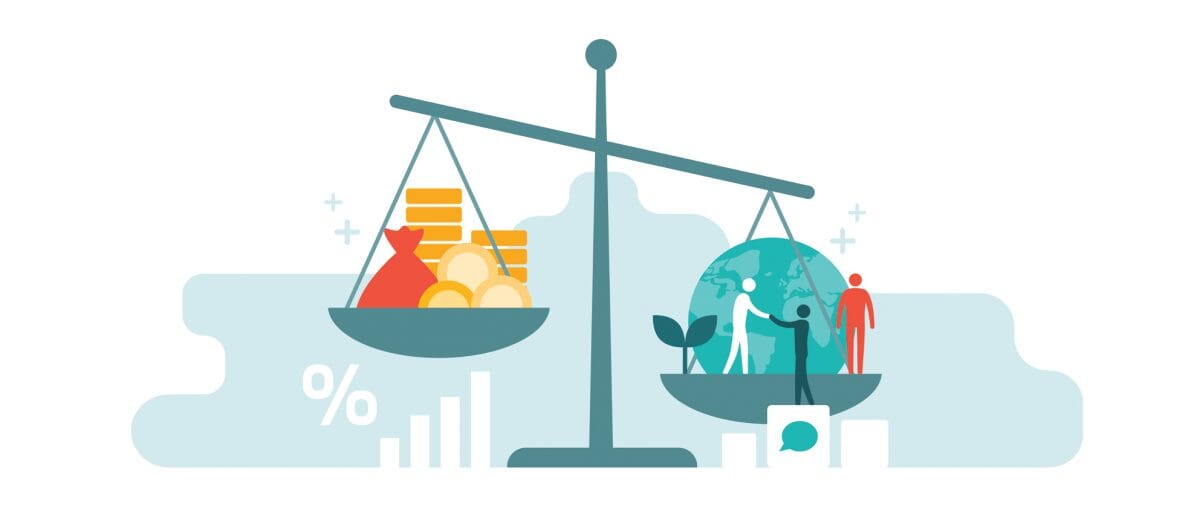
Bad practice
There have been many reports of general poor practice in the banking industry over the years, including tax avoidance, unfair fees, and money laundering scandals. The PPI mis-selling scandal is still one of the biggest seen in the UK, with millions of customers claiming refunds totalling billions of pounds, resulting in banks and other financial providers being fined for their conduct.
Gender and ethnic pay gaps
It is reported that, in the finance industry, men are paid on average nearly 24% more an hour than women. Further to this, while many banks do not report on their ethnic pay gaps, those which do show a large discrepancy between their average pay for white and black workers.
Excessive directors pay
It is widely known that the financial industry pays very well. However, reports have shown that high street banks pay a disproportionate amount to their directors and senior staff, with many paying over £1 million to senior staff.
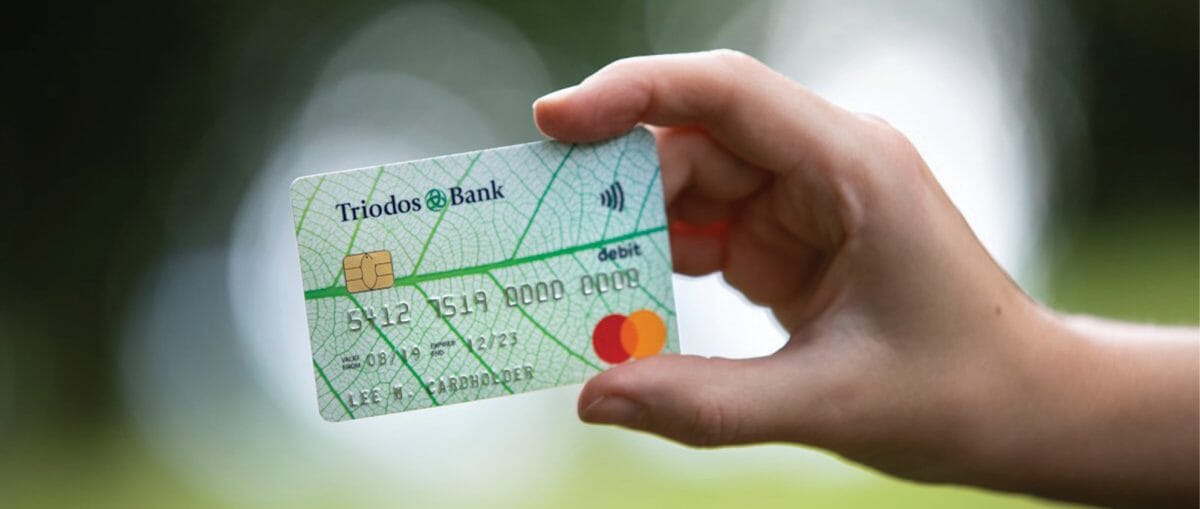
5 ethical banks to know in the UK
So, we’ve seen some of the headline issues across the banking industry here in the UK. Now it’s time to learn a little more about those banks pledging for positive change…
Triodos Bank
Triodos Bank is perhaps the bank that tops the list for many when talking about ethical banking in the UK. Triodos’ vision is to make money work for positive change, meaning that their customers’ money helps to fund charities and social enterprises that are making positive environmental, cultural and social changes.
Triodos offer transparent banking, publishing details of every organisation they finance on their website. They categorically refuse to invest in any industries that could have a negative impact on people’s lives.
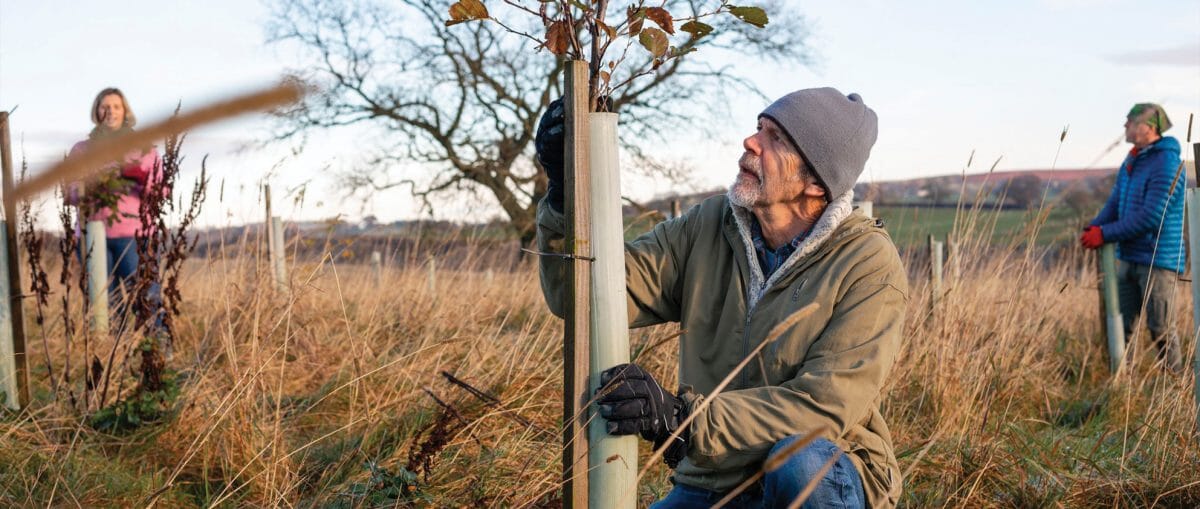
Charity Bank
Charity Bank is another savings and loans bank with a simple mission: to use money for good. This bank is entirely owned by charitable foundations, trusts and social purpose organisations, and promises to help its customers save ethically, while also doing some good.
The Charity Bank was founded in 2022 to support charities with loans that they couldn’t find elsewhere, while showing customers how their savings could be invested ethically and in ways that would make them happy. In 2020 it reported that they had issued over 1,000 loans to charities.
Ecology Building Society
Ecology Building Society has been around since 1981, making it one of the oldest ethical financial services in the UK. With a focus on ethical savings and mortgages, Ecology are devoted to improving the environment by supporting and promoting ecological building practices and sustainable communities.
For those planning an eco-renovation, eco-refurbishment, or eco-build, Ecology Building Society is a fantastic place to start. If they can see a direct environmental or community benefit, Ecology are interested in helping to get your mortgage off the ground.
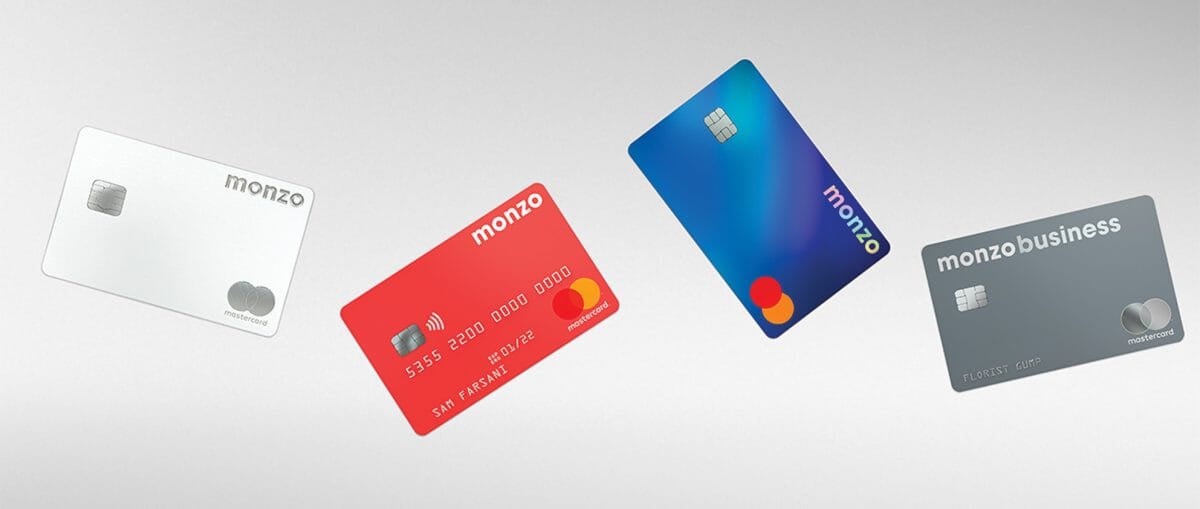
Monzo
Monzo have built a modern bank with a comparatively low environmental footprint. They’re branchless, digital, and don’t invest in fossil fuel based energy companies. This relatively new kid on the block, founded only as far back as 2015, are refreshingly honest about their current contributions to climate change and totally transparent about what steps they’re making to minimise their impact for the future.
Monzo cites four key commitments to its customers:
1) To reach net zero emissions as a business by the year 2030.
2) To measure and report publicly on their carbon footprint in full, annually.
3) Strong governance for the company’s environmental work, with regular reporting.
4) And finally, zero investment in fossil fuel-based energy, arms, or tobacco companies.
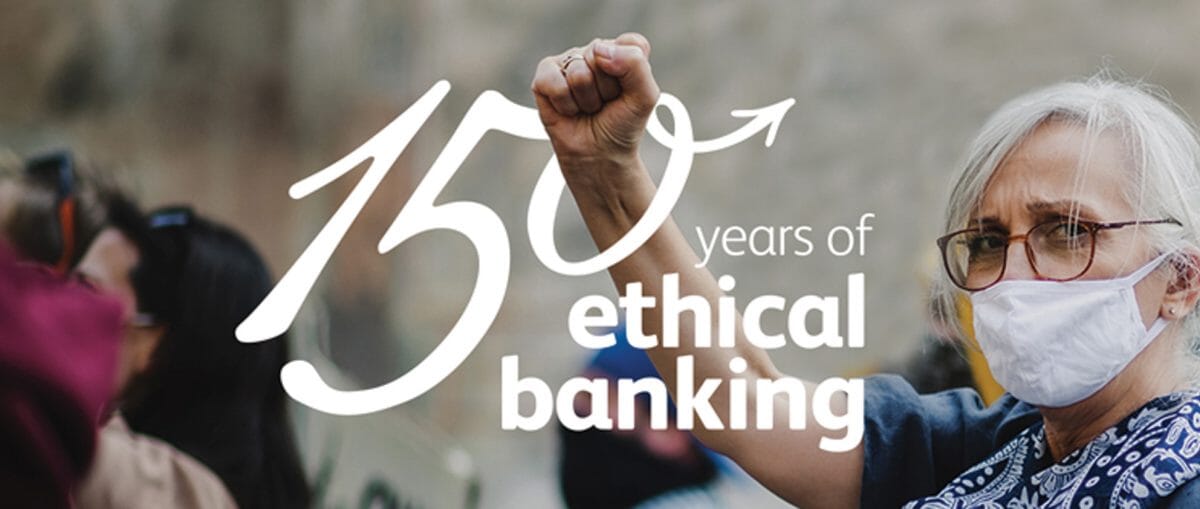
The Co-Operative Bank
In the past, The Co-Operative Bank has been seen as one of the most ethical high street banks. It is worth noting, however, that in recent years this bank’s sale to a group of hedge funds has raised concerns about how ethical their backers are.
With the above being said, The Co-Operative does still maintain a high Ethical Index Score, and introduced their first customer-led Ethical Policy in 1992 (the first bank in the UK to do so). The Co-Operative’s Ethical Policy is based around three key pillars: planet, people, and community.
In 2022, for the second year running, The Co-operative Bank was also rated as the UK’s best Environmental, Social and Governance (ESG) high street bank by Sustainalytics.
Identifying a socially and ethically responsible bank
The UK’s first responsible money kitemark, The Good Egg, was launched back in 2017. This kitemark aims to make it as simple as possible for us to identify financial services (banks, insurance providers, mortgage lenders etc.) that offer a good deal for the planet and society, as well as our own finances, when choosing where we invest, save, borrow or bank. The Good Egg is only awarded to financial service providers that can prove they have a positive impact on the environment, their customers and their employees.
For more sustainable consumer choices, check out our pick of the best eco friendly sneakers.




